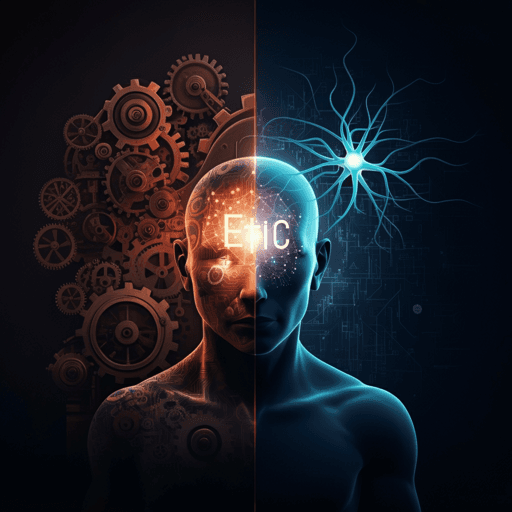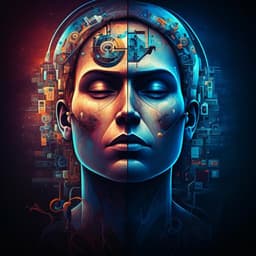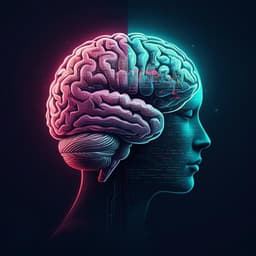
Interdisciplinary Studies
The impact of artificial intelligence on human society and bioethics
M. C. Tai
Artificial intelligence (AI), known by some as the industrial revolution (IR) 4.0, is set to transform how we work, relate, and even what we know about ourselves. This article examines AI’s industrial, social, and economic impacts in the 21st century and proposes a set of principles for AI bioethics. Research was conducted by Michael Cheng-Tek Tai.
Related Publications
Explore these studies to deepen your understanding of the subject.







